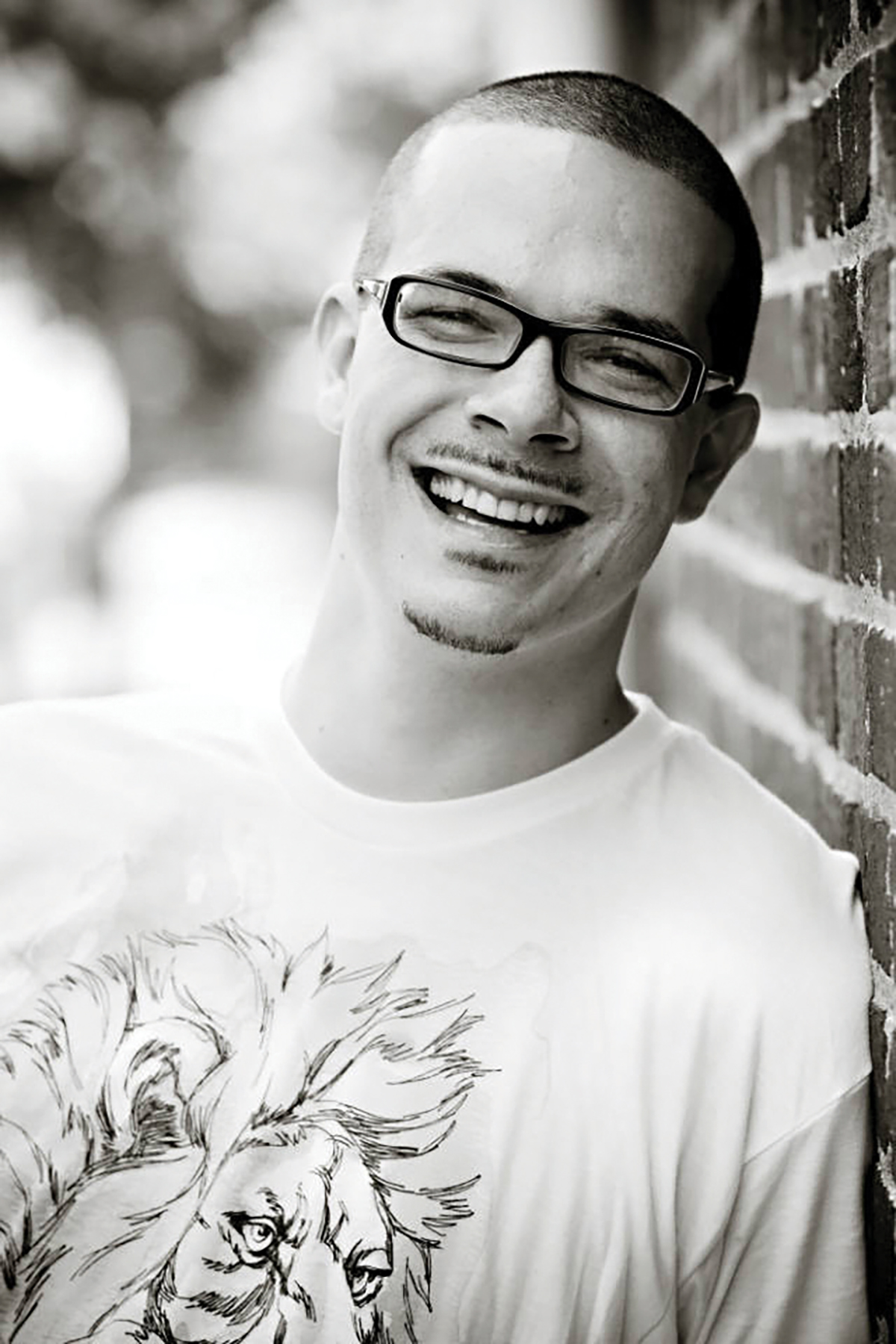Shaun King fights every day.
Using social media, his position as senior justice writer at New York Daily News, and his role as a political commentator for “The Young Turks,” King remains at the forefront of the battle for racial equality; for an end to what he identifies as the injustice of racial profiling and police brutality.
“We are currently in what I call a dip in the quality of humanity,” King said in a speech at the College of the Holy Cross earlier this year.
At 10:45 a.m. Tuesday in the Amphitheater, King, a leading activist within the Black Lives Matter movement, will present a lecture to Chautauquans that shares his insights on and experiences with racial realities in America and the fear of the “other” that drives hate, bigotry and extremism.

“Shaun King, both as an activist and a journalist with a keen understanding of social media’s impact, has become a uniquely powerful voice on civil rights and social justice issues in this country,” said Matt Ewalt, associate director of education and Youth Services.
King, 37, is no stranger to these realities himself. He has been at the center of a number of inquiries into his own racial identity.
Born and raised in Kentucky, King’s birth certificate allegedly identifies both his mother and father as white, a fact that news media outlets such as Breitbart News and The Daily Beast have seized on in an attempt to, according to King, discredit the work he is doing to increase social awareness of racial inequality.
“This attack isn’t about me so much, but is about derailing Black Lives Matter and the movement against police brutality,” King said in a 2015 Twitter exchange with CNN’s Don Lemon.
King, for as long as he could, abstained from engaging in any sort of back and forth about what he described as his “private past and pain.”
That past has been used “as jokes and fodder to discredit me and the greater movement for justice in America,” King wrote in a 2015 blog post on the Daily Kos.
Eventually, and not without embarrassment, King did address his racial identity.
“I have been told for most of my life that the white man on my birth certificate is not my biological father and that my actual biological father is a light-skinned black man,” King wrote in his Daily Kos post.
King wrote in that blog that by the time he’d reached middle school, he identified himself “not even as biracial, but just as black.” This self-identification was not without its consequences in the small town of Versailles, Kentucky, where King lived.
At the end of the school year in 1995, King was the victim of what he described in his Daily Kos post as a racially motivated mob attack in which “nearly a dozen students beat me severely, first punching me from all sides, then, when I cradled into a fetal position on the ground they stomped me mercilessly, some with steel-toed boots, for about 20 seconds.”
It was that moment that King said changed the trajectory of his life.
During recovery, he became a Christian, preached sermons as a teenage minister and enrolled in Morehouse College, a historically black college in Atlanta. King graduated from Morehouse in 2002 and spent time as a teacher, speaker, pastor and social activist, starting sites like TwitChange.com and HopeMob.org.
In 2015, he was named senior justice writer at the New York Daily News, where he focuses on social justice, race relations and police brutality. Which is exactly what he wants to focus on.
“My work has never been about me and I’ve never made a big deal about my race,” King wrote for the Daily Kos. “I’ve actually tried hard to avoid ever making a big deal out of it and have, instead, simply tried to do good work that matters.”
In doing so, King shares some ideas with a guest lecturer from last week, W. Kamau Bell.
In his discussion with Kelly Carlin on Thursday, Bell said that those in the audience, by virtue of being able to come to a place like Chautauqua, have “won life.” Bell encouraged the audience to stop being a “bunch of Clark Kents pretending not to be Superman.”
“ … it’s time to cape up, and get out there, and save the world,” Bell said.
King’s own attitudes are not dissimilar.
On his website, King writes that “it’s not enough to be just a little bit better. In fact, that’s never been enough. We must each ask ourselves, ‘what’s my best contribution to this world today?’ ”
Aiming at that lull he’s noticed in the quality of humanity, King reiterated this call in his speech at the College of the Holy Cross.
“Find the issue that motivates you and that you’re dedicated to and then go for it. It will take that motivation and that dedication to get us out of the dip,” King said.




